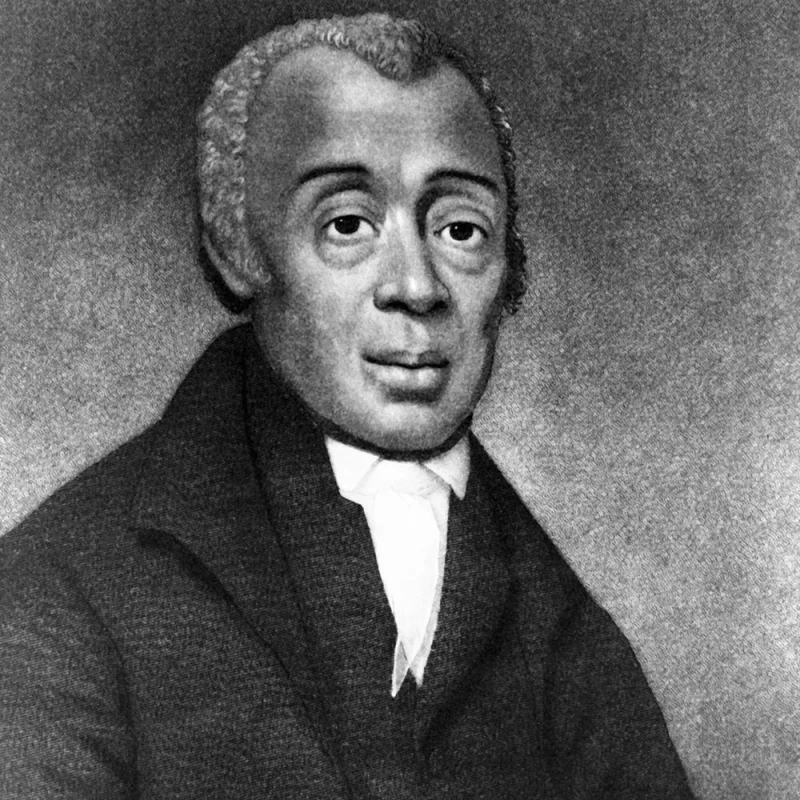Short Summary
Ernst Mayr was a prominent 20th-century evolutionary biologist whose work significantly influenced the development of the modern synthesis of evolutionary theory. He was renowned for his contributions to the understanding of species, evolution, and the philosophy of biology. Mayr's extensive research and writing established him as one of the most important figures in biology, earning him accolades as a foundational thinker in evolutionary studies.
Early Life & Education
Ernst Mayr was born on July 5, 1904, in Kempten, Germany. His early interest in nature and birds was nurtured by his family, particularly by his father, who was an enthusiastic amateur naturalist. Mayr attended the University of Greifswald before moving to the University of Berlin, where he studied under the guidance of influential ornithologist Erwin Stresemann. He completed his Ph.D. in 1926, and his early academic experiences laid the groundwork for his future contributions to evolutionary biology.
Career Highlights
Mayr embarked on his career with an expedition to New Guinea and the Solomon Islands, where he conducted extensive fieldwork. In 1931, he moved to the United States to work at the American Museum of Natural History in New York, where he curated the ornithological department. During his tenure, Mayr introduced the biological species concept, which became a cornerstone of evolutionary biology. Later, he joined Harvard University as a professor, where he continued his influential work, publishing extensively on evolutionary theory and the philosophy of biology.
Major Achievements
- Developed the Biological Species Concept, defining species as groups of interbreeding populations.
- Contributed to the modern synthesis of evolutionary theory, integrating genetics with natural selection.
- Published "Systematics and the Origin of Species," a seminal work in evolutionary biology.
- Received the National Medal of Science in 1969 for his contributions to the biological sciences.
- Authored over 20 books and 700 articles, significantly impacting scientific thought.
Famous Quotes
- "Biology is the science of the living world."
- "Evolutionary biology is the study of the history of life."
Interesting Facts
- Ernst Mayr lived to be 100 years old, passing away in 2005.
- He was an avid ornithologist and described 25 new bird species during his career.
- Mayr was known for his interdisciplinary approach, bridging biology, philosophy, and history.
- He received more than a dozen honorary doctorates from universities worldwide.
Legacy / Influence
Mayr's work fundamentally transformed the understanding of species and evolutionary processes. His contributions to the modern synthesis provided a unified framework for evolutionary biology, influencing countless scientists and researchers. His interdisciplinary approach fostered deeper connections between biology and other fields, ensuring his lasting impact on both scientific and philosophical discussions about life.
FAQ
Q: Why is Ernst Mayr famous?
A: He is famous for his contributions to evolutionary biology and the development of the modern synthesis.
Q: What is the biological species concept?
A: It is a concept that defines species as groups of interbreeding natural populations that are reproductively isolated from other such groups.
Q: Did Ernst Mayr write any influential books?
A: Yes, one of his most influential books is "Systematics and the Origin of Species."












